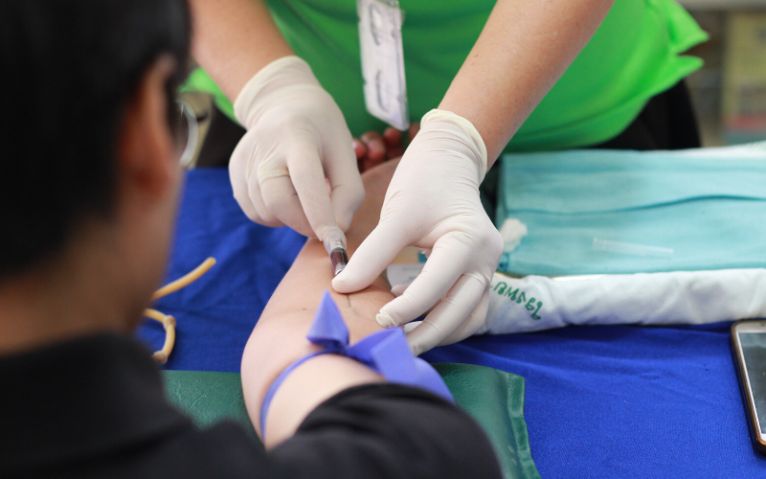The U.S. Food and Drug Administration continues to stand behind medication-assisted treatment options. Probuphine, the first buprenorphine implant for the maintenance treatment of opioid dependence, is available for patients. How do naltrexone implants work?
Naltrexone Implant Preventing Opioid Relapse
The device is composed of four metal rods, each which slowly seep buprenorphine (a semisynthetic opioid medication) and are no larger than a matchstick. The steady flow of buprenorphine into the bloodstream of the recovering addict helps to reduce cravings and withdrawal symptoms. As a result, the medication reduces the risk of relapse and opiate-overdoses. The implant provides continual low doses of buprenorphine for up to 6 months.
Before the implant, the alternative options were pills or films which dissolved under a tongue or inside a patient’s cheek. There has been much debate over the success of Suboxone treatment for opiate addiction. Generally, the arguments over the success of traditional MAT treatment related to medication compliance.
Why Choose Naltrexone Implants?
Generally, anti-craving medication, such as the pill form of naltrexone, can be very efficient at decreasing cravings and preventing a relapse. Nevertheless, many individuals who use drugs can neglect to take the medication or intentionally avoid taking the pill to get the high they want. Additionally, the implant lasts a considerable period. Once the implant is surgically under the skin, it continues to be effective for approximately six months.
Side Effects of Naltrexone Implants?
Generally, Naltrexone implants are considered a simple method for reducing opiate use. However, some risks may still be present. Most complications of these implants occur at the implantation site. These side effects include irritation, inflammation, and also the possibility of infection. Additionally, women who are pregnant or wishing to become pregnant may experience complications per certain studies. A physician should also oversee the treatment protocol of anyone using either form of medication-assisted treatment to reduce the risk of health complications.
Get the Addiction Help You Need
When it comes to designing your treatment, it’s best to know all your options so you can decide the best treatment methods for your circumstances. If you or someone you know is struggling with opiate addiction, there are options available. At Lighthouse Recovery Institute, we offer personalized opiate addiction treatment plans to guide you towards recovery.
Drug addiction can be a challenging and long-term battle, but together we can help you live a happy, healthy, and sober life. Please, don’t hesitate to contact us today. Our team is ready to help you navigate the ins and outs of your opiate addiction.









